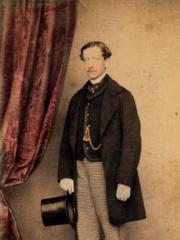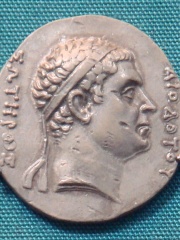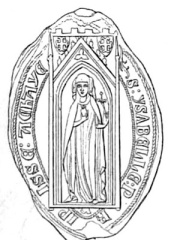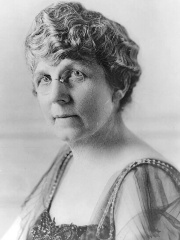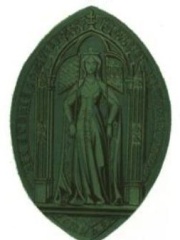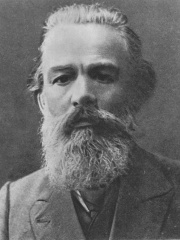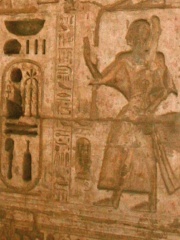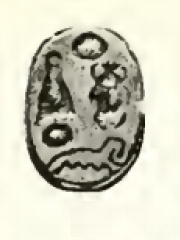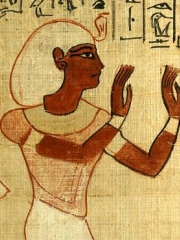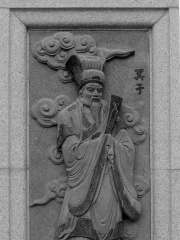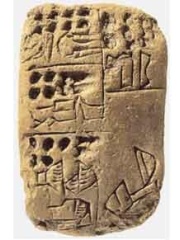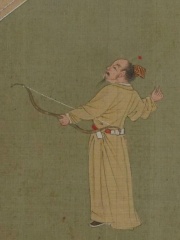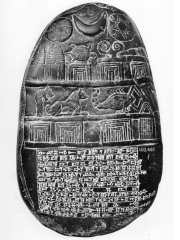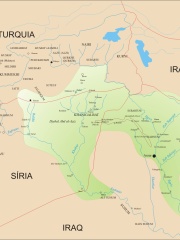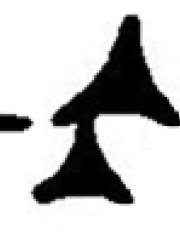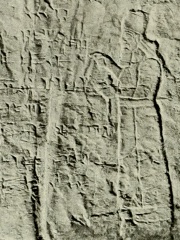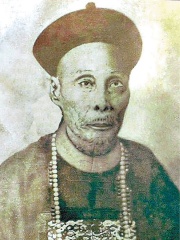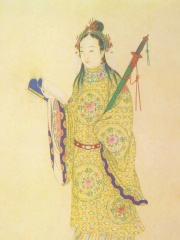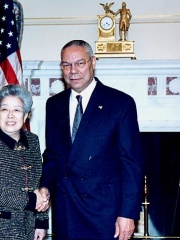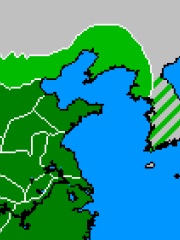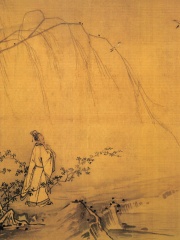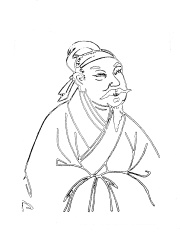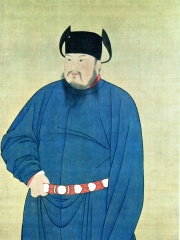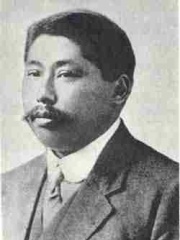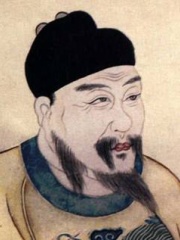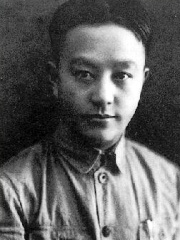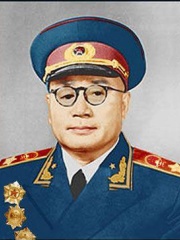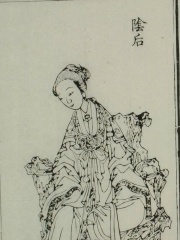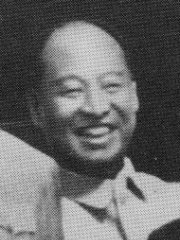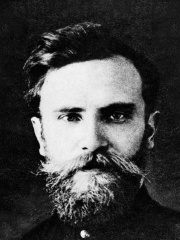Politician
Di Yi
1200 BC - 1076 BC

 Di Yi
Di Yi
Di Yi (Chinese: 帝乙), personal name Zi Xian (Chinese: 子羨), was a king of the Shang dynasty from 1101 BC to 1076 BC. His capital was at Yin. Read more on Wikipedia
His biography is available in 27 different languages on Wikipedia. Di Yi is the 9,150th most popular politician (down from 5,100th in 2024), the 615th most popular biography from China (down from 391st in 2019) and the 342nd most popular Chinese Politician.
Memorability Metrics
Page views of Di Yi by language
Among Politicians
Among politicians, Di Yi ranks 9,150 out of 19,576. Before him are Prince Francis, Count of Trapani, Tamim bin Hamad Al Thani, Georg Donatus, Hereditary Grand Duke of Hesse, Diodotus I, Isabella of Villehardouin, and John Jacob, Marquis of Montferrat. After him are Florence Harding, Richard Thomalla, Blanche of Artois, Dimitar Blagoev, Kuyucu Murad Pasha, and Princess Patricia of Connaught.
Most Popular Politicians in Wikipedia
Go to all RankingsPrince Francis, Count of Trapani
1827 - 1892
HPI: 62.13
Rank: 9,149
Tamim bin Hamad Al Thani
1980 - Present
HPI: 62.13
Rank: 9,150
Georg Donatus, Hereditary Grand Duke of Hesse
1906 - 1937
HPI: 62.13
Rank: 9,151
Diodotus I
285 BC - 230 BC
HPI: 62.13
Rank: 9,152
Isabella of Villehardouin
1263 - 1312
HPI: 62.13
Rank: 9,153
John Jacob, Marquis of Montferrat
1395 - 1445
HPI: 62.12
Rank: 9,154
Di Yi
1200 BC - 1076 BC
HPI: 62.12
Rank: 9,155
Florence Harding
1860 - 1924
HPI: 62.12
Rank: 9,156
Richard Thomalla
1903 - 1945
HPI: 62.12
Rank: 9,157
Blanche of Artois
1248 - 1302
HPI: 62.12
Rank: 9,158
Dimitar Blagoev
1856 - 1924
HPI: 62.12
Rank: 9,159
Kuyucu Murad Pasha
1530 - 1611
HPI: 62.12
Rank: 9,160
Princess Patricia of Connaught
1886 - 1974
HPI: 62.12
Rank: 9,161
Contemporaries
Among people born in 1200 BC, Di Yi ranks 13. Before him are Ramesses VIII, Smendes, Herihor, Jizi, Tapputi, and Geng Ding. After him are Wu Yi of Shang, Wen Ding, Enlil-nadin-apli, Mutakkil-Nusku, Ashur-resh-ishi I, and Ninurta-nadin-shumi. Among people deceased in 1076 BC, Di Yi ranks 2. Before him is Tiglath-Pileser I.
Others Born in 1200 BC
Go to all RankingsRamesses VIII
NOBLEMAN
1200 BC - 1129 BC
HPI: 69.41
Rank: 7
Smendes
POLITICIAN
1200 BC - 1052 BC
HPI: 69.30
Rank: 8
Herihor
POLITICIAN
1200 BC - 1081 BC
HPI: 66.28
Rank: 9
Jizi
POLITICIAN
1200 BC - 1100 BC
HPI: 65.65
Rank: 10
Tapputi
CHEMIST
1200 BC - 1150 BC
HPI: 64.55
Rank: 11
Geng Ding
POLITICIAN
1200 BC - 1199
HPI: 62.17
Rank: 12
Di Yi
POLITICIAN
1200 BC - 1076 BC
HPI: 62.12
Rank: 13
Wu Yi of Shang
POLITICIAN
1200 BC - 1195
HPI: 61.88
Rank: 14
Wen Ding
POLITICIAN
1200 BC - 1102 BC
HPI: 61.77
Rank: 15
Enlil-nadin-apli
POLITICIAN
1200 BC - 1200 BC
HPI: 61.53
Rank: 16
Mutakkil-Nusku
POLITICIAN
1200 BC - 1200 BC
HPI: 60.54
Rank: 17
Ashur-resh-ishi I
POLITICIAN
1200 BC - 1200 BC
HPI: 59.98
Rank: 18
Ninurta-nadin-shumi
POLITICIAN
1200 BC - 1200 BC
HPI: 59.30
Rank: 19
Others Deceased in 1076 BC
Go to all RankingsTiglath-Pileser I
POLITICIAN
1200 BC - 1076 BC
HPI: 70.75
Rank: 1
Di Yi
POLITICIAN
1200 BC - 1076 BC
HPI: 62.12
Rank: 2
In China
Among people born in China, Di Yi ranks 615 out of 1,610. Before him are Liu Yongfu (1837), Qin Liangyu (1574), Wu Yi (1938), Zhou Daguan (1266), Gongsun Du (200), and Ma Yuan (1160). After him are Huang Tingjian (1045), Li Cunxu (885), Tian Han (1898), Huang Xing (1874), Zhu Yujian (1602), and Wang Ming (1904).
Others born in China
Go to all RankingsLiu Yongfu
POLITICIAN
1837 - 1917
HPI: 62.23
Rank: 609
Qin Liangyu
MILITARY PERSONNEL
1574 - 1648
HPI: 62.19
Rank: 610
Wu Yi
POLITICIAN
1938 - Present
HPI: 62.16
Rank: 611
Zhou Daguan
WRITER
1266 - 1346
HPI: 62.15
Rank: 612
Gongsun Du
MILITARY PERSONNEL
200 - Present
HPI: 62.13
Rank: 613
Ma Yuan
PAINTER
1160 - 1225
HPI: 62.13
Rank: 614
Di Yi
POLITICIAN
1200 BC - 1076 BC
HPI: 62.12
Rank: 615
Huang Tingjian
PAINTER
1045 - 1105
HPI: 62.11
Rank: 616
Li Cunxu
POLITICIAN
885 - 926
HPI: 62.10
Rank: 617
Tian Han
WRITER
1898 - 1968
HPI: 62.08
Rank: 618
Huang Xing
POLITICIAN
1874 - 1916
HPI: 62.07
Rank: 619
Zhu Yujian
POLITICIAN
1602 - 1646
HPI: 62.06
Rank: 620
Wang Ming
POLITICIAN
1904 - 1974
HPI: 62.06
Rank: 621
Among Politicians In China
Among politicians born in China, Di Yi ranks 342. Before him are Liu Bocheng (1892), Yin Lihua (5), Peng Zhen (1902), Ban Biao (3), Liu Yongfu (1837), and Wu Yi (1938). After him are Li Cunxu (885), Huang Xing (1874), Zhu Yujian (1602), Wang Ming (1904), Konstantin Rodzaevsky (1907), and Emperor Taiwu of Northern Wei (408).
Liu Bocheng
1892 - 1986
HPI: 62.35
Rank: 336
Yin Lihua
5 - 64
HPI: 62.35
Rank: 337
Peng Zhen
1902 - 1997
HPI: 62.34
Rank: 338
Ban Biao
3 - 54
HPI: 62.33
Rank: 339
Liu Yongfu
1837 - 1917
HPI: 62.23
Rank: 340
Wu Yi
1938 - Present
HPI: 62.16
Rank: 341
Di Yi
1200 BC - 1076 BC
HPI: 62.12
Rank: 342
Li Cunxu
885 - 926
HPI: 62.10
Rank: 343
Huang Xing
1874 - 1916
HPI: 62.07
Rank: 344
Zhu Yujian
1602 - 1646
HPI: 62.06
Rank: 345
Wang Ming
1904 - 1974
HPI: 62.06
Rank: 346
Konstantin Rodzaevsky
1907 - 1946
HPI: 62.05
Rank: 347
Emperor Taiwu of Northern Wei
408 - 452
HPI: 62.05
Rank: 348
